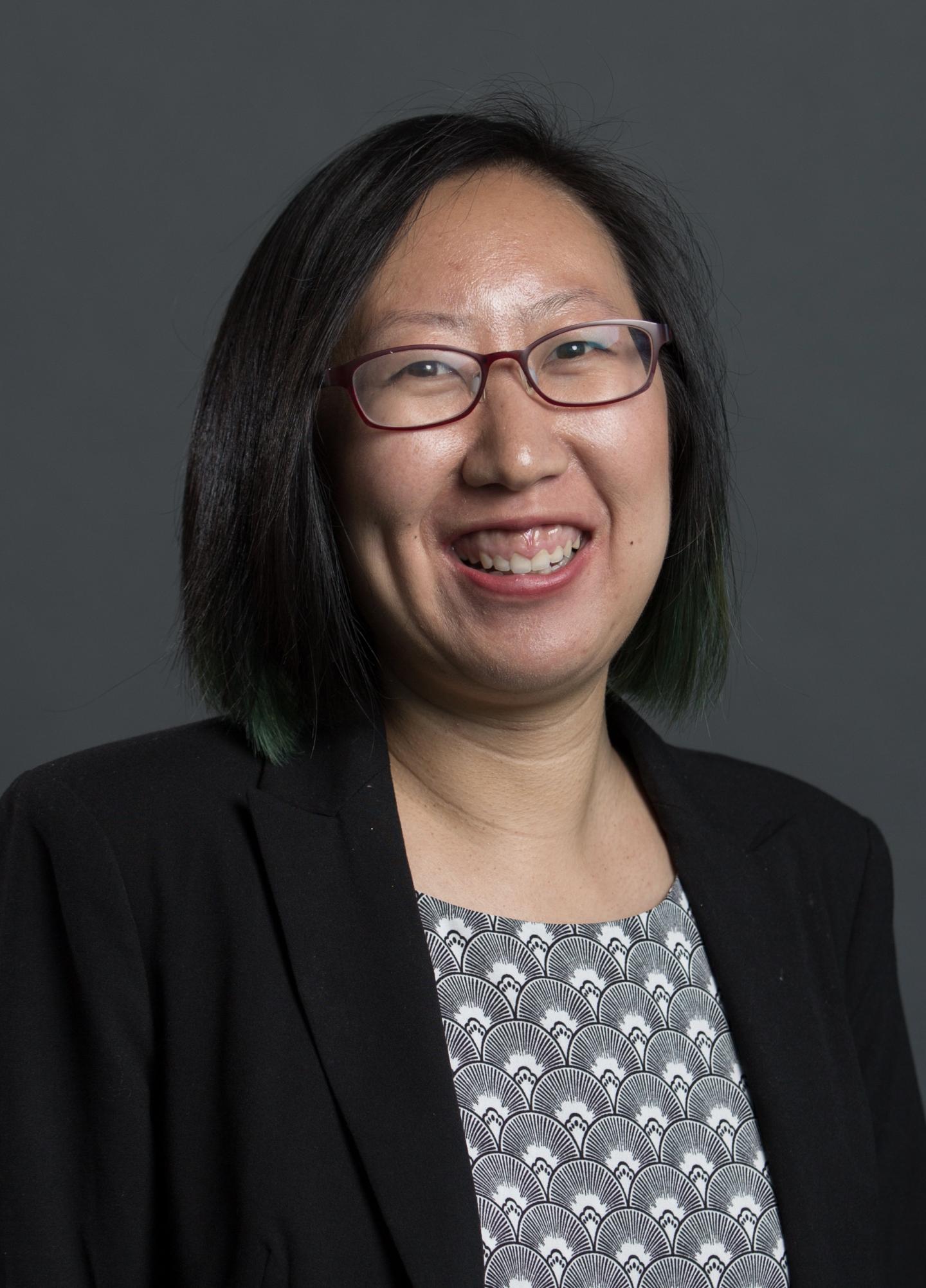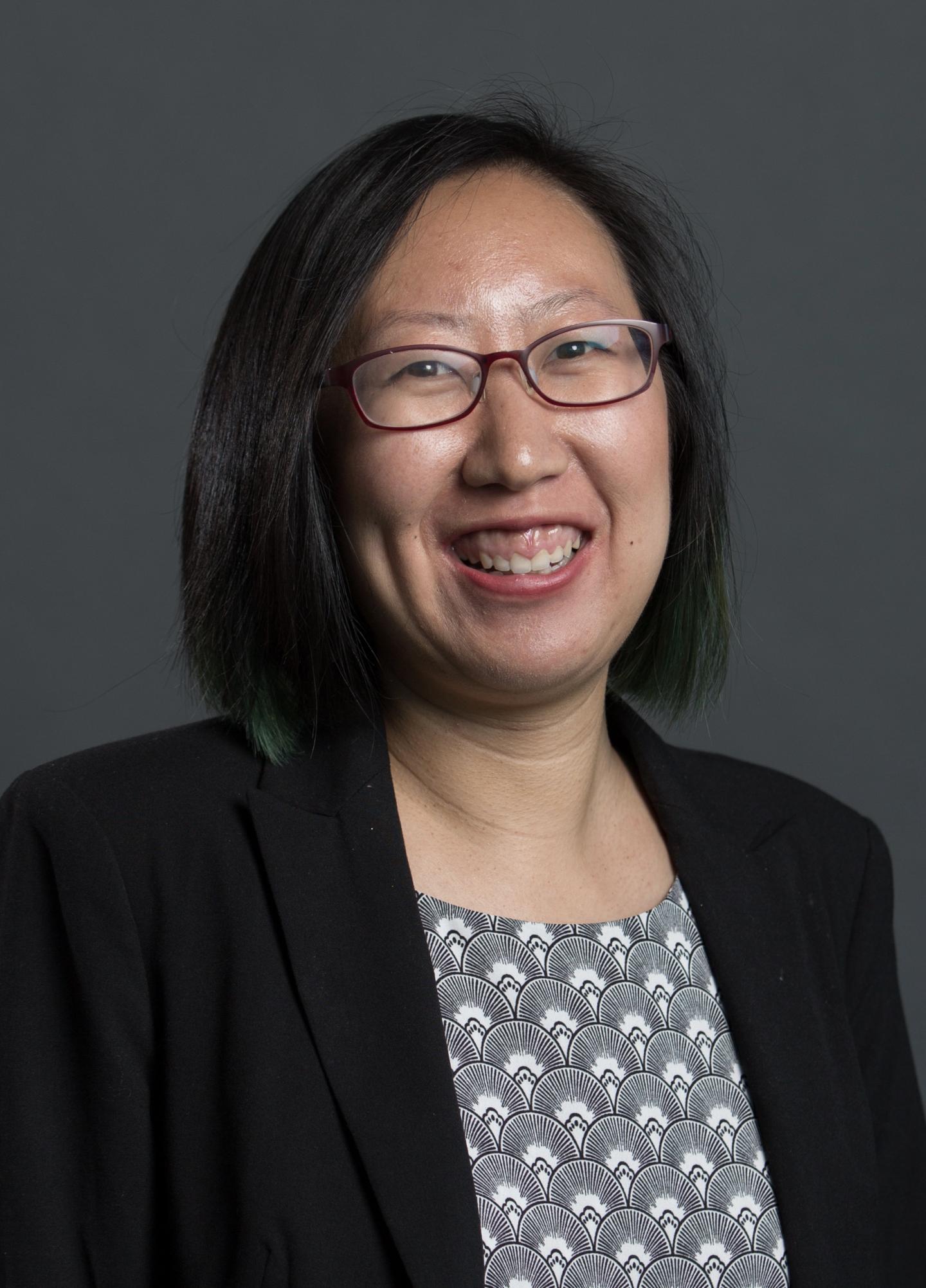
Credit: Regenstrief Institute
INDIANAPOLIS — Communication between patients and clinicians that is patient-centered, taking into account patient concerns and preferences has important implications for patient safety.
Involving the patient is critical for improving medication safety according to Regenstrief Institute researcher and Indiana University School of Medicine assistant professor of medicine Joy L. Lee, PhD, corresponding author of "Towards a More Patient-Centered Approach to Medication Safety" recently published in the Journal of Patient Experience.
Simply bringing a list of medications to the doctor's office may not be sufficient for everyone, she says, because it ignores the nuances of how well the patient understands the medical team's instructions, as well as patient preferences or patient concerns. One size does not fit all.
"Even if their doctor doesn't ask, patients should talk about all the medications including prescription, over-the-counter and natural remedies they are taking, noting how frequently they are taking them and any side effects," said Dr. Lee. "And if they are not taking prescribed drugs, they should tell their doctor why not.
"We — clinicians and researchers — need to hear the patient's voice: why aren't they taking the drug. Is it cost-related, side-effect-related or is something else going on? Patient-centered communication gives the patient the opportunity to convey personal priorities to the doctor, noting, for example that they would rather continue with the health issue for which a drug was prescribed rather than taking the medication because it causes dizziness."
If the patient is unable to understand or is overwhelmed, family members attending the medical appointment or assisting at hospital discharge should not hesitate to ask questions about dosage, timing, as well as potential problems says Dr. Lee, who notes that the patient-centered approach to medication safety involves the entire medical team.
The paper concludes by proposing key future directions in research and practice to increase patient-centeredness to improve medication safety
- adapting existing medication safety measures to be more patient centered, such as prioritizing medication discrepancies for what matters to patients
- including patient-centered measures in designing and evaluating medication safety interventions.
"To date most efforts on medication safety, have been focused on healthcare systems, specifically using electronic medical records to identify the medication burden, rather than gathering information directly from the patient. Their voice often isn't involved but it should be," said Dr. Lee. A health services researcher interested in the patient-provider relationships, her work concentrates on patient-physician electronic communication as a tool in improving chronic disease management and also on social media and health.
The William M. Tierney Center for Health Services Research at the Regenstrief Institute works to improve the delivery and outcomes of health care through innovative use of health information, technology, and communication.
###
Media Contact
Cindy Fox Aisen
[email protected]
317-843-2275
@regenstrief
Homepage





